
How ERP solutions benefit in Engineering and Construction Industries
In this day and age, there's hardly any industry that is left untouched by the impact of industrial automation. Over the last decade, the majority of the construction companies worldwide have implemented Enterprise Resource Planning Systems( ERP’s) for effectively managing their businesses end to end. As the markets are increasingly getting customer oriented, businesses are growing more conscious of the stiff competition out there. Businesses are rushing to adapt to the latest technology in order to stay ahead in this rat race as well as manage their resources effectively.
ERP in construction companies have two main functionalities - data management and workflow management. A highly integrated software facilitates in increasing cohesiveness amongst the various departments of the company. This ensures a seamless workflow between them, driving collaboration and synergy making the entire enterprise run as a well lubricated machine.
Benefits of an ERP in Construction Industries
While enterprise and manufacturing resource planning has been well received across industries, construction has been lagging from embracing the new dawn of Cloud-based integrated enterprise application.Construction companies have traditionally grounded their requirements for tech application based on individual department needs. This soiled approach has driven these firms into buying numerous software platforms leading to a hassle in data flow, communication and overall automation across the organization.
ERP tackles these issues and provides a ton of benefits, some of them are:
- Optimize Project Management- Without effective project management your firm stands a chance to lose your money and clients. With an ERP system you can streamline your project management to a great extent by providing better visibility over your projects. From raw materials to efficient labour use, this system makes it easier for project managers. It also helps in allocation of budgets to various projects in order to optimize your profits.
- Improve Internal Communication- As excellent communication is vital to a project's success in the construction industry. An ERP system chat forums video capabilities for employees to communicate effectively. This way everyone will get to be a part of the conversation and receive valuable updates.
- Working from Anywhere and Anytime- With an ERP system your business will be online 24/7, thus allowing employees to access necessary materials from anywhere.This enables employees to easily work from home and enjoy flexible working hours.
- Mobile features- ERP comes with a unique SMS alert feature that enables sending bulk SMS to your customers or prospects for marketing purposes. Since everyone carries around their smartphones and ERP’s can be accessed through it, employees can send updates from the project sites.
- Efficiency in Decision making- An ERP system centralises all the data and operations of your organization providing a detailed overview of your business that aids in efficient decision making. The system will help you in extracting all the essential details from different sources and provide the right criteria to make adjustments as required.
- Quick Data Transfer- Managing enormous chunks of data is a tedious job for everyone. This is even more challenging when depending on the size of your firm. An ERP software stores all your data in a centralized hub, regardless of the size of the data you have to load regularly. This system is designed to deal with a mammoth of data in an organized manner.
- Aids in Marketing Strategies- An ERP software offers you in-depth data analytical tools that can be used to your advantage when optimizing your marketing campaigns. These tools help marketers thoroughly analyze data and provide exceptional marketing strategies. Afterall the ultimate end goal of a business is to acquire new clients and projects.
- Accurate Cost and Revenue Estimations- An ERP system comes handy when accurately estimating costs for raw materials, design and labour. Additionally it correctly calculates overhead liabilities of projects that take many months to finish. Thus, providing your clients with an accurate cost estimation where the real cost does not deviate much from the estimated cost when carrying out the project.
- Digital Documentation- This system helps you to organize, track and access your record with a click of a button. Spreadsheets and presentations are for the cavemen, ERP systems eliminate the need for this extensive documentation manually. This also immensely reduces the chances of unauthorized access to sensitive information regarding your firm.
h2What are some of the best ERP choices out there?
There is no definite answer to this question but we have curated a list of best ERP solutions for construction companies:
- SAP ERP- SAP is an end to end platform that will drive strategic business outcomes across all areas of business. It helps engineering, construction and operation firms manage projects, avoid risks and stay competitive. With SAP you can enable the entire construction lifecycle from start to finish. SAP ERP implementation for engineering and construction industry has a set of benefits like processes all invoices in real time, booking management, purchase and inventory management, procurement management, project management, claims and maintenance management.Their module integration is incredible and over ninety percent of their customers are Forbes Global 2000 companies.
- Oracle NetSuite- For over 20 years, Oracle Netsuite has helped organizations grow, scale, and adapt to change. NetSuite provides a suite of cloud-based applications, which includes financials, ERP, HR, professional services, automation, and omnichannel commerce, and is used by more than 15,000 customers in 203 countries. It allows for real-time consolidation and includes automated intercompany eliminations and foreign currency translation. The solution is web-based and runs on a range of Internet browsers.
- Microsoft- Microsoft ERP software to businesses of all sizes via its Dynamics 365 platform, which consists of six separate products: Microsoft AX, GP, SL, NAV, CRM, RMS.Dynamics GP, NAV, and SL are typically intended for small and medium enterprises, while Dynamics AX is typically best suited for larger organizations.
- PENTA- Penta’s construction-oriented ERP software combines advanced enterprise technology with decades of construction industry experience into one integrated system.Its features include Engineering software, service management, payroll, equipment management, portals, and accounting.
- CMIC- CMIC offers a variety of robust project management, construction, and ERP solutions. ERP & Financials integrates with leading project management solutions and enables back-office staff to manage all financials, human capital, and equipment effortlessly.Additionally, the CMiC Intelligent Construction Platform can help you run your entire business with a full array of unified capabilities.
Which ERP solution is the best for your construction company?
Every business must assess the information collated after careful scrutiny of the market demands and possibilities of growth. It is important to have a thorough understanding of the magnitude of positive outcomes with the use of ERP in the construction industry, in comparison to the hindrances that can appear as major blocks in the path to success without the ease of project planning and data management.
ERP is the one-stop software solution for all your demands if you're looking to make your imprint in the world of construction today. SAP solutions for the engineering and construction industry mainly focus on the competitive advantage and make an identity on their projects and keep on track on each data of your business. SAP implementations for engineering and construction are stretched entirely through the project lifecycle, from arranging and configuration to project management to operations, and everything in between. SAP engineering software gives wide visibility sources for an enterprise which helps for business growth and they can support to interconnect with key stakeholders, strategic developers and track the loading quality of materials for greater control.


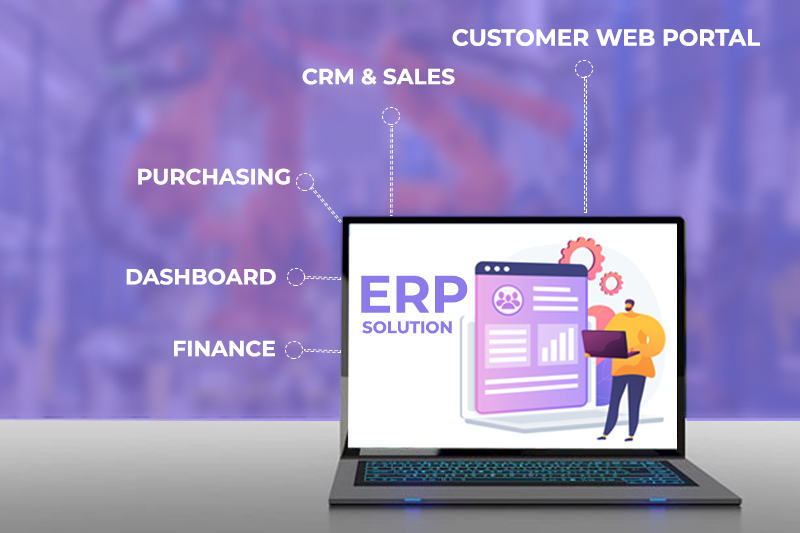
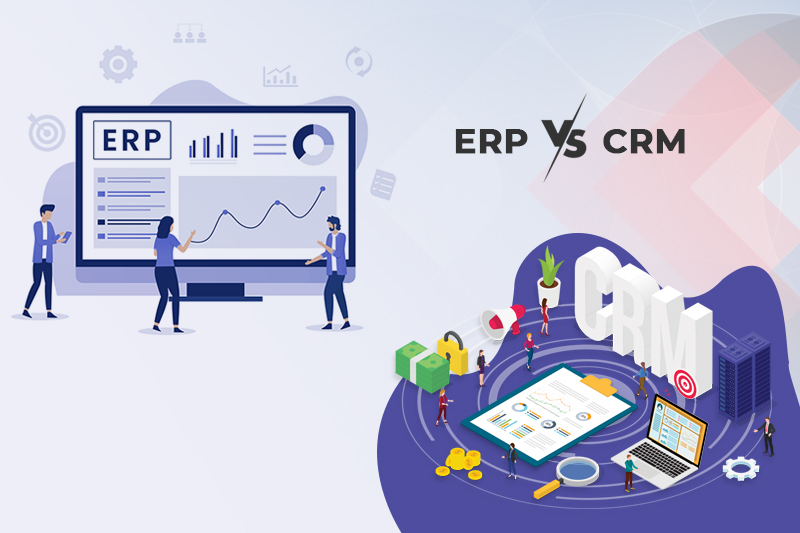
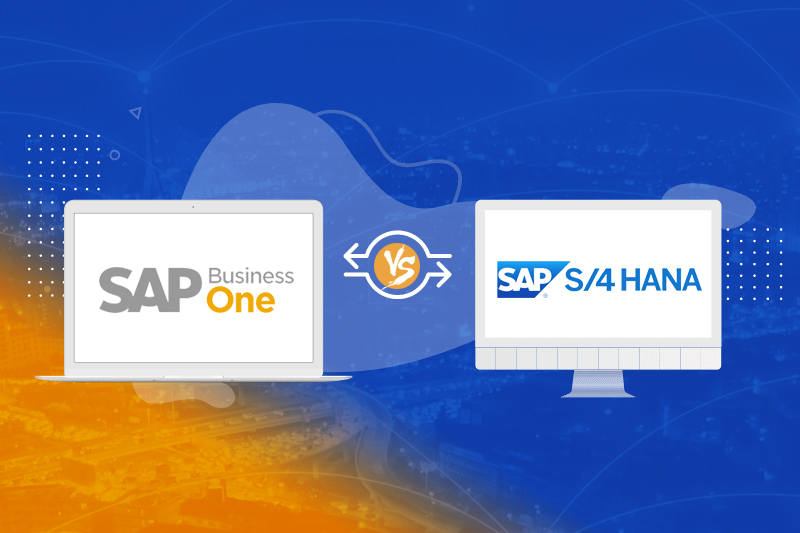
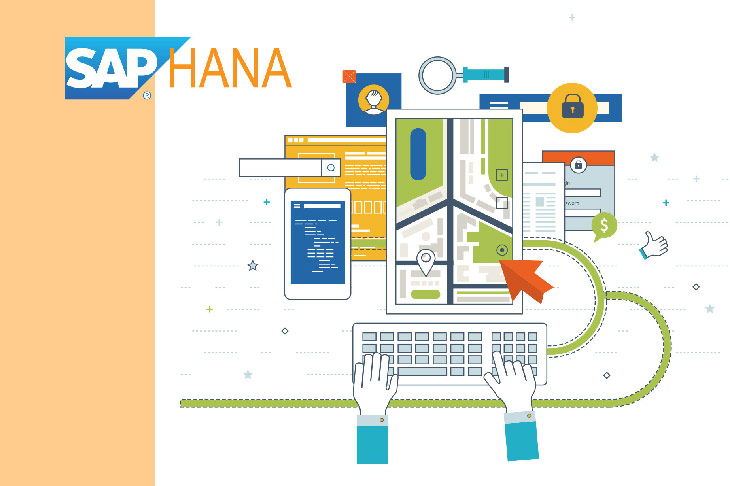
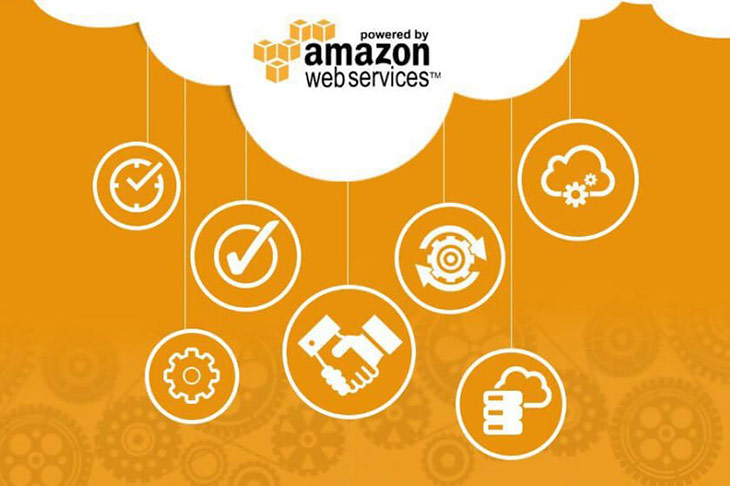
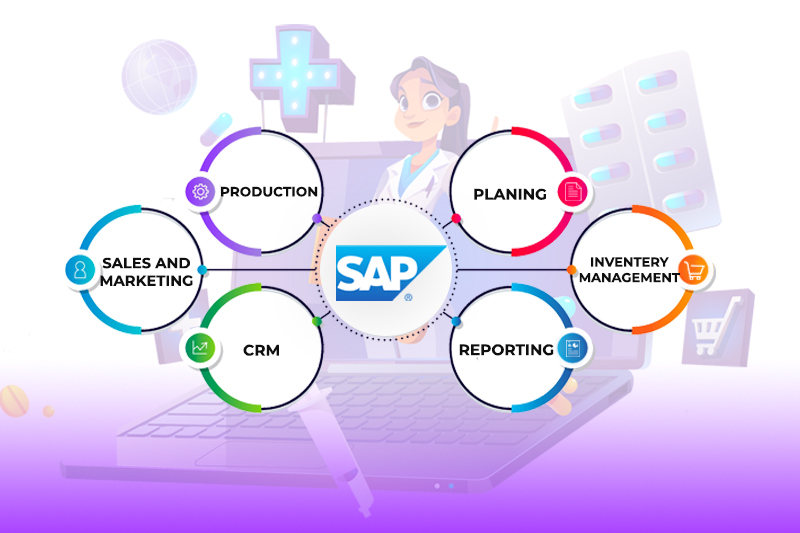




Add a comment